Newsletter
Don't miss a thing!
We regularly provide you with the most important news, articles, topics, projects and ideas for One World – No Hunger.
Newsletter
Don't miss a thing!
We regularly provide you with the most important news, articles, topics, projects and ideas for One World – No Hunger.
Please also refer to our data protection declaration.
Women and girls in poorer countries are affected in particular ways by the multiple crises the world is currently facing. Uncovering the linkages between gender, resilience and food security, Elizabeth Bryan (Senior Scientist, IFPRI), Ruth Meinzen-Dick (Senior Researcher, IFPRI) and Claudia Ringler (Director of the Natural Resource and Resilience Unit, IFPRI) look at ways to support women and girls’ capacity to respond to crises and make them more resilient. Also, they explore what can be done to address underlying gender inequalities.


This article appeared first in Rural21 and is part of a media cooperation between Rural21 and foodfortransformation.org.
The world has witnessed a series of compounding, overlapping and, in some cases, reoccurring shocks and stressors in recent years, including the Covid-19 pandemic, the global food crisis triggered by Russia’s war on Ukraine, several localised conflicts around the globe and the intensifying climate crisis. Thus, policies, investments and interventions focused on increasing resilience have become essential to help vulnerable populations rebound from these disturbances, while becoming better prepared to handle inevitable future shocks and stressors.
Resilience is a complex concept that is understood and utilised in different ways by different disciplines. We adopt the definition by USAID which describes resilience as “the ability of people, households, communities, countries, and systems to mitigate, adapt to, and recover from shocks and stresses in a manner that reduces chronic vulnerability and facilitates inclusive growth” (USAID, 2012, p. 5). Thus, building resilience requires investments and interventions that build adaptive capacities, such as expanding economic opportunities, education, and nutrition and health services, while also identifying and reducing context-specific risks.
Whereas these multiple crises affect many vulnerable communities in low- and middle-income countries, there are particular gender-differentiated impacts which present unique challenges to the well-being of women and girls. Careful consideration of these gender-differentiated impacts is required for policy and programme responses to meet the needs of women and girls, tackle long-standing gender inequalities and promote sustainable pathways to recovery. Without a gender lens, the proposed measures will fail to meet the specific needs of women and girls and may even exacerbate gender inequalities.
The UN Food and Agriculture Organization (2023) report The Status of Women in Agrifood Systems shows that as a result of the Covid-19 pandemic and the related economic crisis, 22 per cent of women lost their jobs in off-farm agri-food systems work in the first year of the pandemic, compared to only 2 per cent of men. Furthermore, the gap in food insecurity between men and women widened from 1.7 percentage points in 2019 to 4.3 percentage points in 2021. These gender gaps are driven by underlying gender inequalities in agri-food systems, such as the fact that women’s livelihoods and working conditions are marginalised, informal, irregular and low-skilled and thus more vulnerable to shocks than men’s. Moreover, girls and young women face particular risks when confronted with shocks and stressors, such as a higher likelihood of being withdrawn from school, gender-based violence and economic or sexual exploitation.
Vulnerability and resilience also depend on other intersectional identities, such as age, marital status, class and ethnicity. For instance, women heads of household may face greater limitations in access to land, capital, social networks and labour, while married women may benefit from access to these resources through male household members but have less decision-making authority or autonomy. Similarly, women in different food environments (such as rural or urban contexts) may face different challenges. For example, while women in rural farming communities may experience adverse impacts of droughts on their water security and livelihoods, women in urban contexts may face greater challenges related to flooding and associated health risks, like cholera, given poor water infrastructure and crowded conditions.
So what can be done to support the capacity of women and girls to respond more effectively to disturbances and contribute to the resilience of their households and communities while addressing underlying gender inequalities that make women and girls more vulnerable in the first place? One useful framework for thinking about the approaches needed to achieve gender equality and resilience goals is the Reach-Benefit-Empower-Transform Framework.
There is growing recognition among development practitioners, researchers and policy-makers that simply reaching women (e.g. including women in programme activities) is not enough to address gender inequalities. Policies, interventions and investments must ensure that women benefit from these interventions through measured improvements in their well-being (e.g. food security, income and health). This means ensuring that women have access to information and finance needed to increase productivity on the plots they manage, take advantage of economic opportunities and grow their enterprises. It means expanding social protection and violence prevention programmes to women in rural areas and providing other incentives to keep girls in school.
Increasingly, interventions aim to facilitate women’s empowerment by providing them with more opportunities to make decisions and realise their own goals. Women’s groups and networks often represent an important source of resilience as well as a platform for women’s empowerment by offering opportunities to share labour, childcare responsibilities, access to savings, credit and government services, the ability to access and build assets, and increased political engagement.
However, even efforts to increase women’s agency may not be enough to reduce gender inequalities in agri-food systems and increase women’s resilience. Gender-transformative approaches (GTAs) may be required for deeper and more lasting improvements in the status of women. Gender-transformative change goes beyond the individual and household levels to remove structural barriers in society. Thus, GTAs require multi-pronged, multi-scale approaches that involve challenging patriarchal norms which underpin harmful cultural beliefs and attitudes, gender inequalities in institutions, policy frameworks and governing structures at multiple scales, and gendered power dynamics and relations. They also depend on engaging men and boys as partners for gender equality.
One example of a project that incorporated gender-transformative approaches is the “Joint Programme on Accelerating Progress towards the Empowerment of Rural Women (JP RWEE)” led by numerous UN agencies and implemented across several countries including Ethiopia, Kyrgyzstan, Nepal and Niger. JP RWEE activities for transforming gender relations included dialogues at the household and community levels to promote more inclusive decision-making processes and engaging men and boys as champions for gender equality.
Among these approaches are IFAD’s Gender Action Learning System (GALS) intervention and FAO’s Dimitra Clubs, which bring men and women together at the household and community levels to listen to each other and work together to solve local challenges. These dialogues also provide a platform for trained facilitators to raise awareness of harmful gender norms, attitudes and beliefs, and to challenge unequal structures (such as local rules governing resource access). Importantly, JP RWEE relied on group-based platforms or approaches aiming to expand economic and livelihood opportunities for women and/or increase their access to resources like microcredit or savings.
Research shows that the group-based approaches were core to the successes of the project, which included increasing women’s involvement in livelihood decisions, asset ownership, credit decisions and, in some cases, income decisions. Having men take part in the interventions was also crucial to avoid potential backlash from the activities focused on women’s groups and to promote changes in gender relations and norms.
While there is limited evidence of the effectiveness of applying gender-transformative approaches as part of resilience-building interventions, clearly, the status quo is not working. Intentional efforts and commitments from the development community to tackle persistent gender inequality is essential to ensure that women from all walks of life are actively engaged in efforts to restore their economies and communities. Achieving this transformation will require interventions that prioritise gender equality and the empowerment of women and girls, instead of pivoting from it. Women-led and women’s rights organisations must take centre stage in designing and implementing interventions and have their voices heard in national and international platforms. A strong focus on justice, equality, inclusiveness and human rights must be at the heart of every effort to build resilient agri-food systems and rural livelihoods. Despite the many challenges that women and girls are facing, they remain essential to the success of any crisis response.
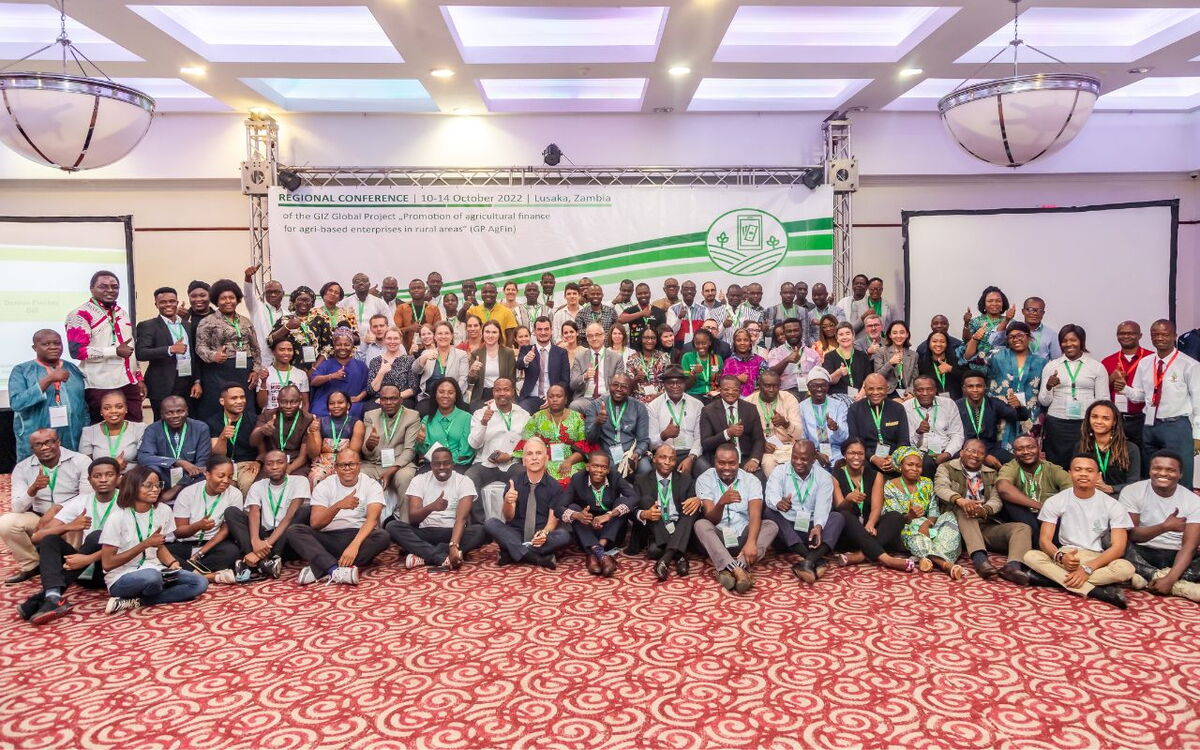
Read more Digital participation in the agrofinance sector: rural development and women's inclusion

Read more Towards Climate Justice: Securing Women’s Land Rights for a Resilient Tomorrow
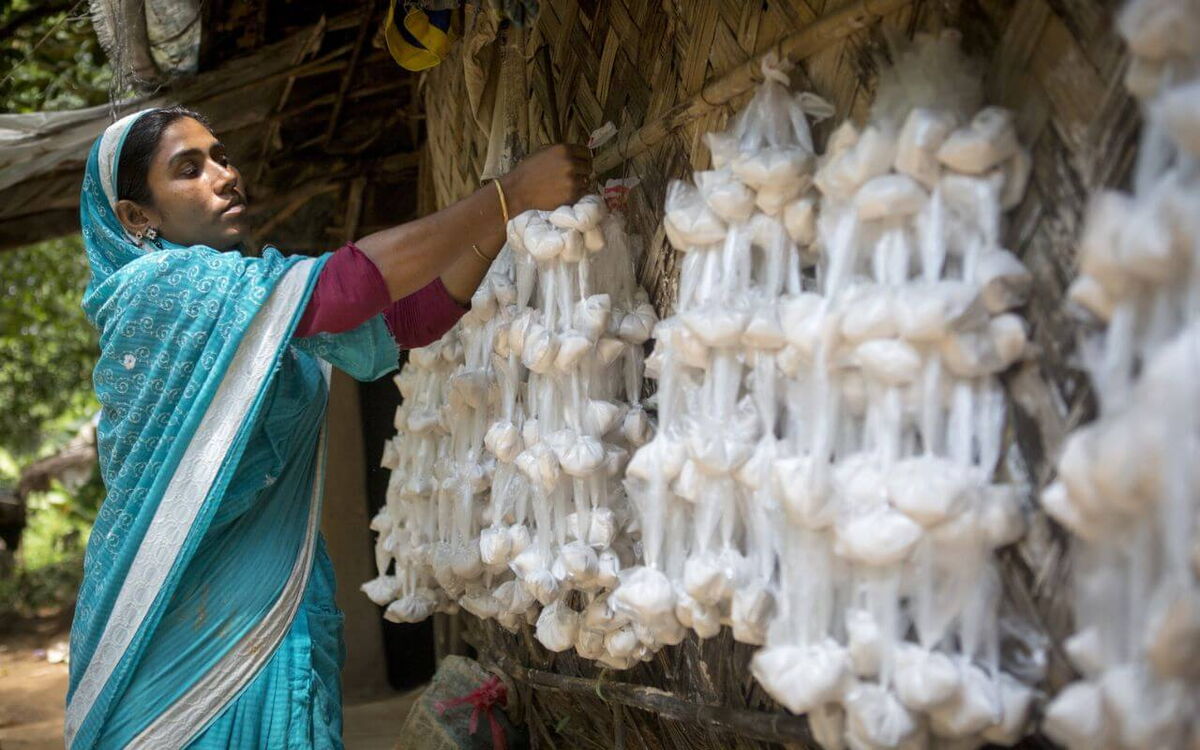
Read more Gender-Transformative Approaches – Unlocking Everyone’s Potential
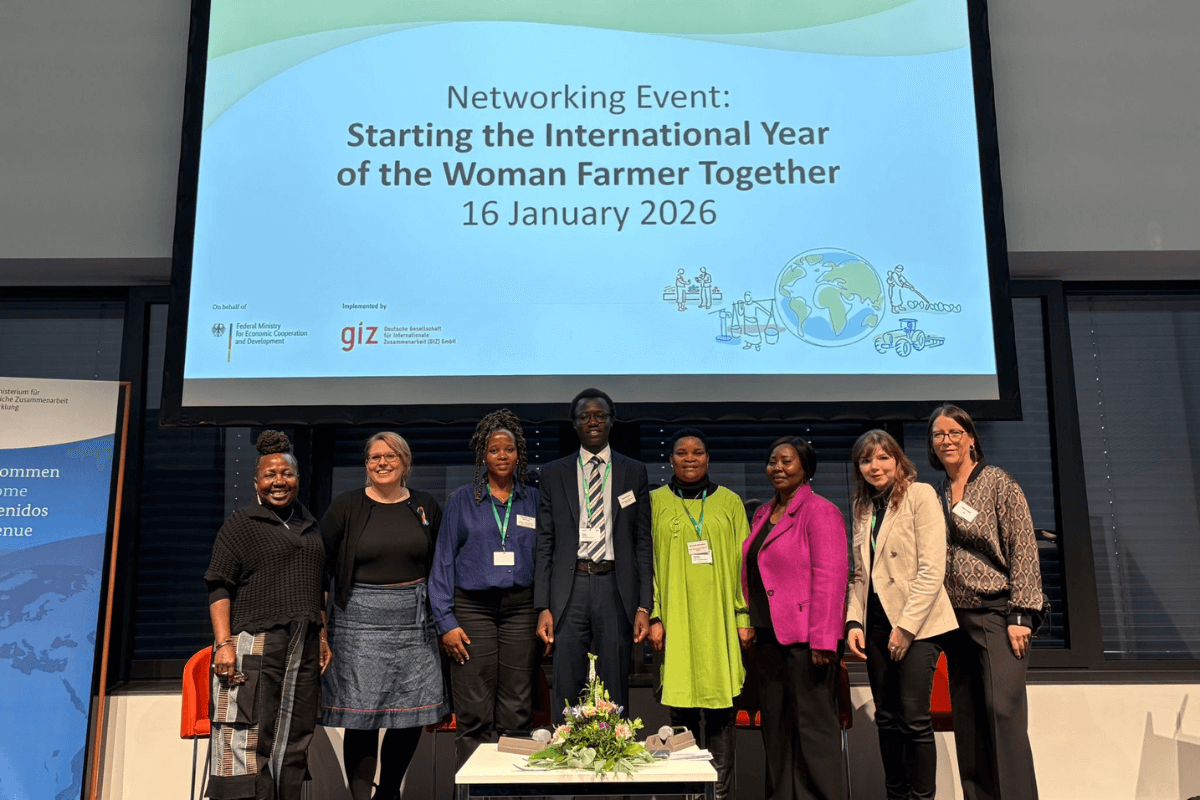
Read more A political opportunity to overcome structural barriers for women farmers
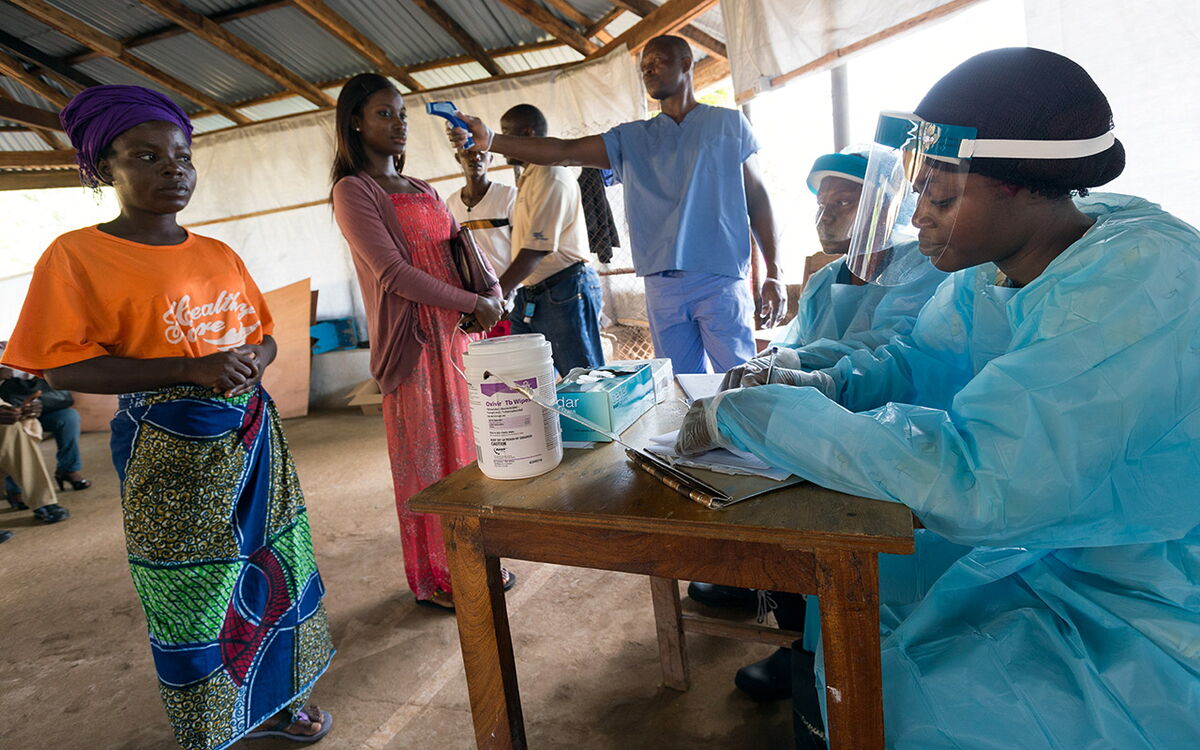
Read more “Corona exposes the weaknesses of our nutritional systems"

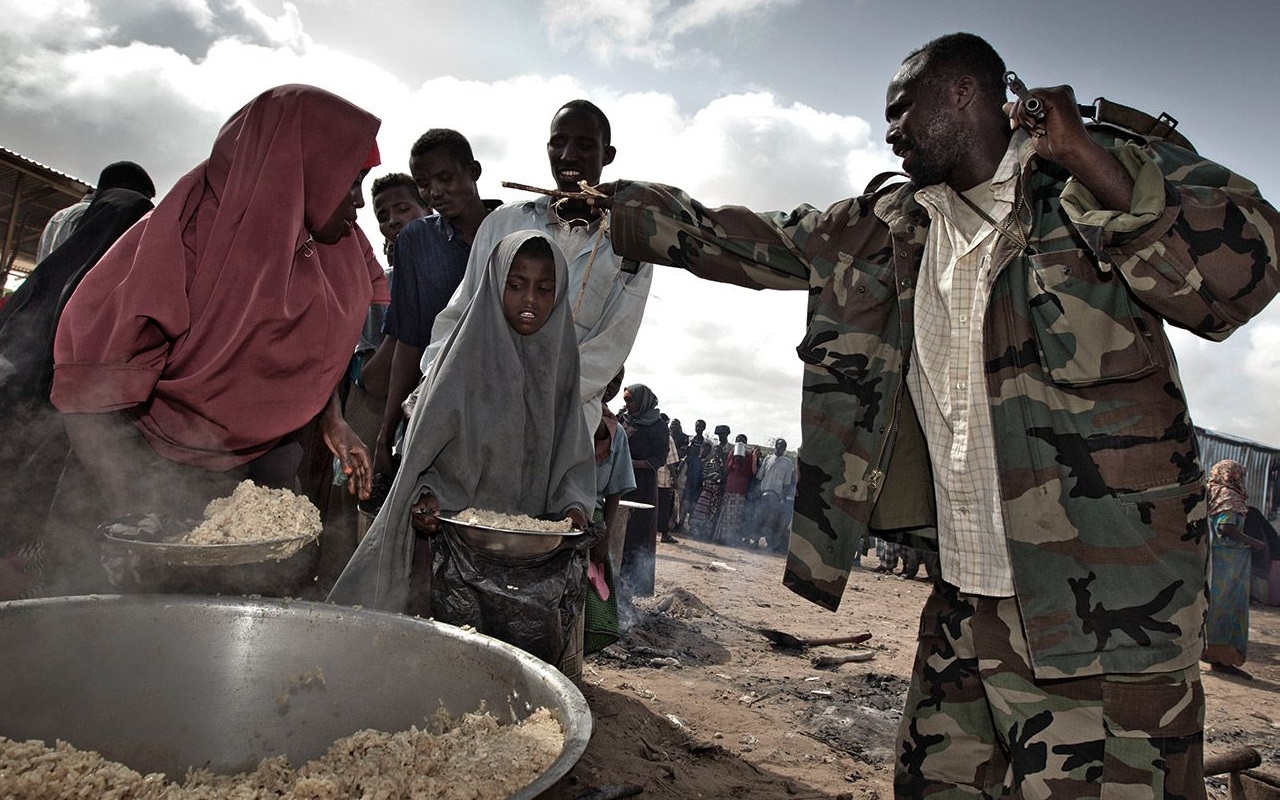
Read more 5 questions to F. Patterson: Why is there more hunger?
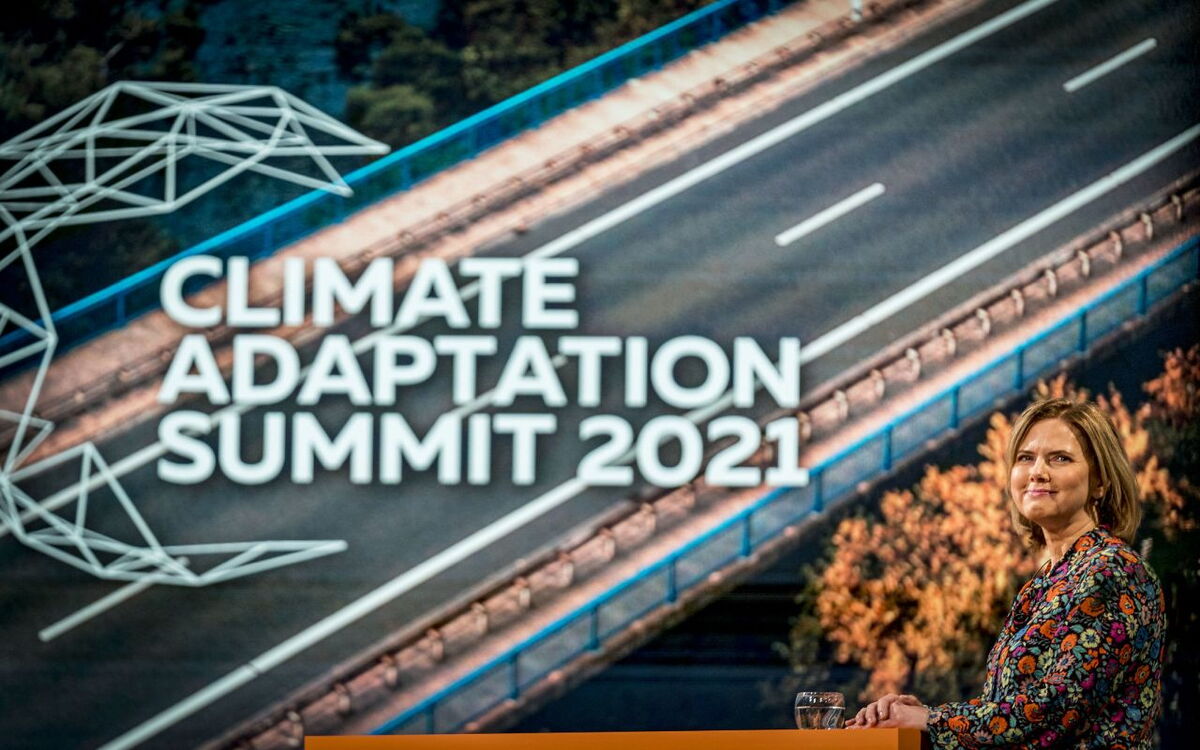
Read more Climate Adaptation Summit 2021: ‘We can do better’
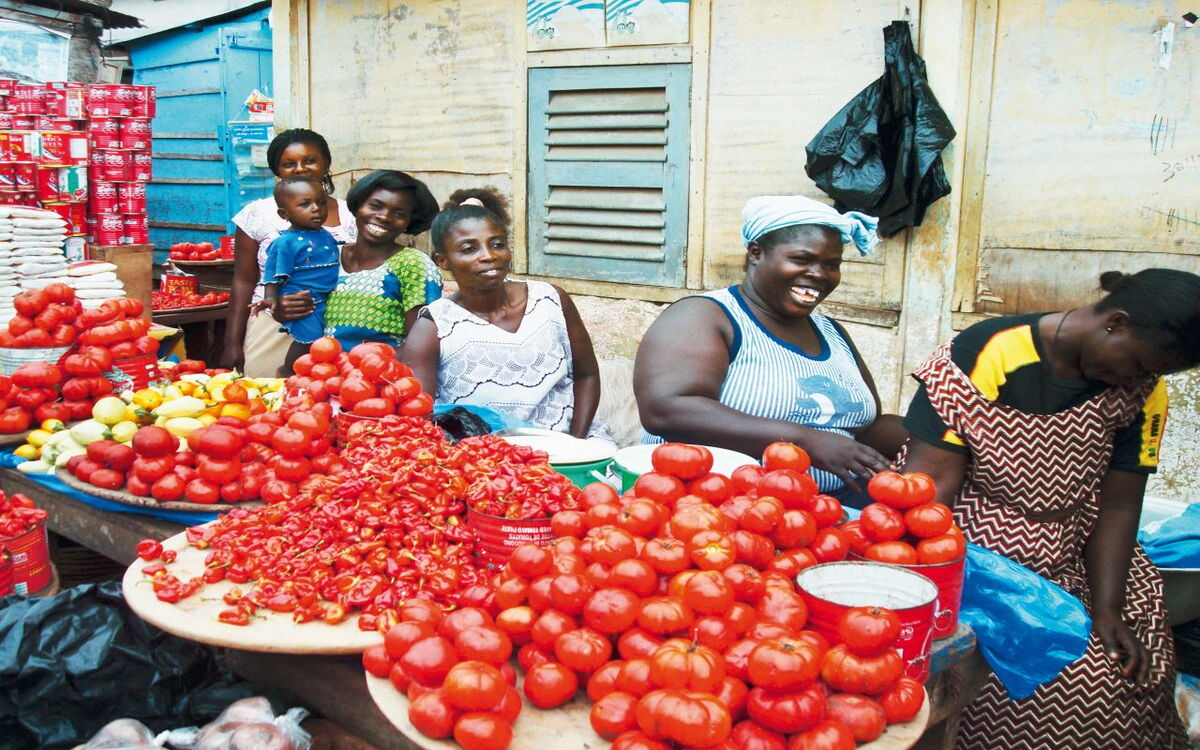
Read more Small-scale farmers’ responses to COVID-19 related restrictions




Read more Video diaries in the days of Corona: Voices from the ground

Read more Resilient small-scale agriculture: A key in global crises
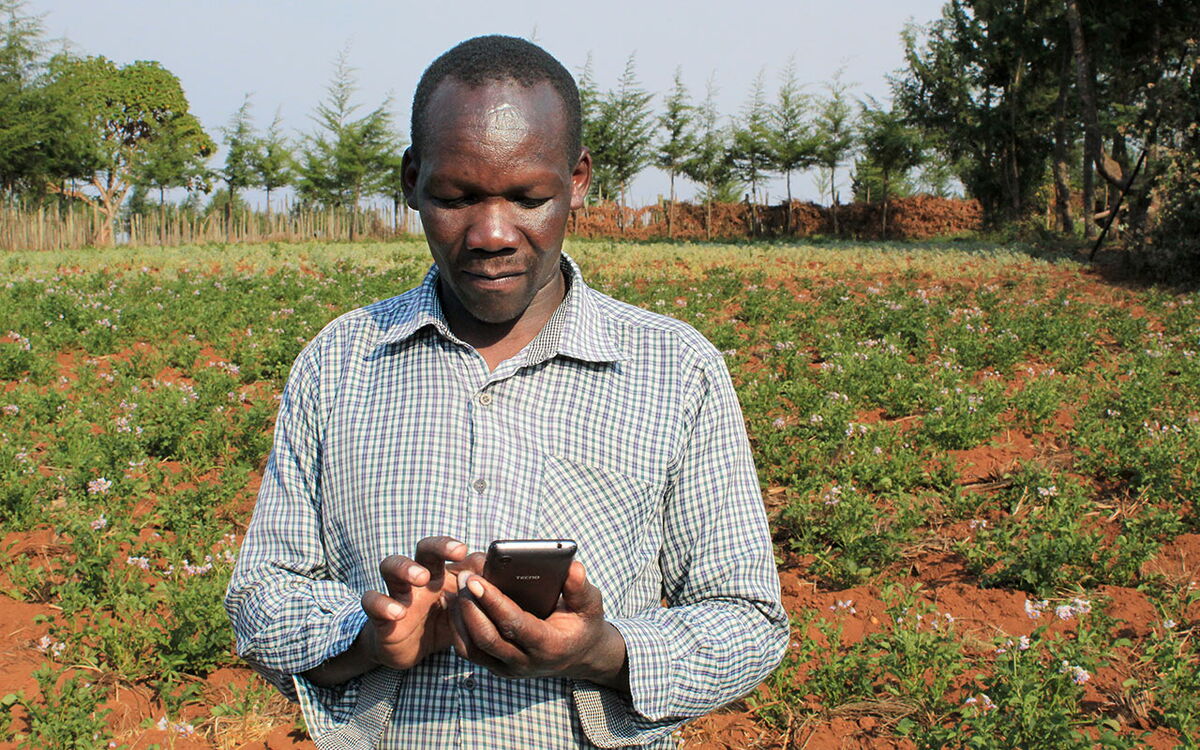
Read more A global signpost: What way is the market, please?

Read more The state of food security in Cape Town and St. Helena Bay

Read more The hype about urban gardening: farmers or hobby gardeners?
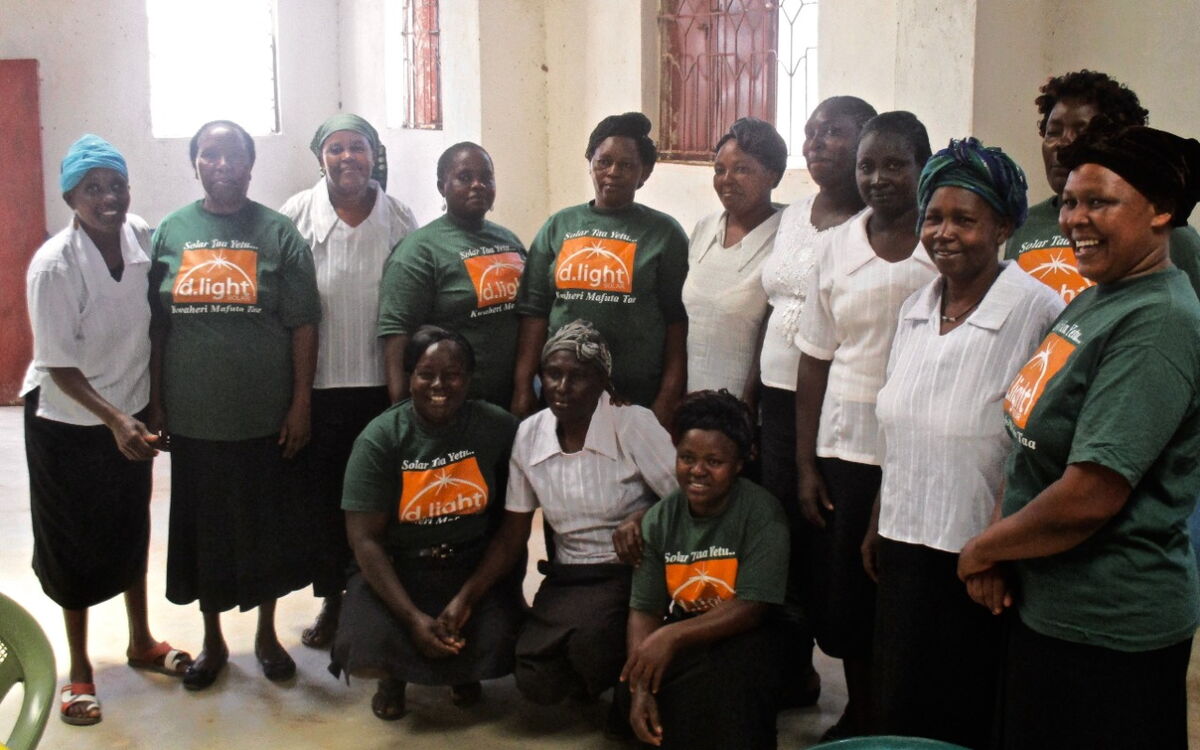
Read more How the self-help approach empowers smallholder women
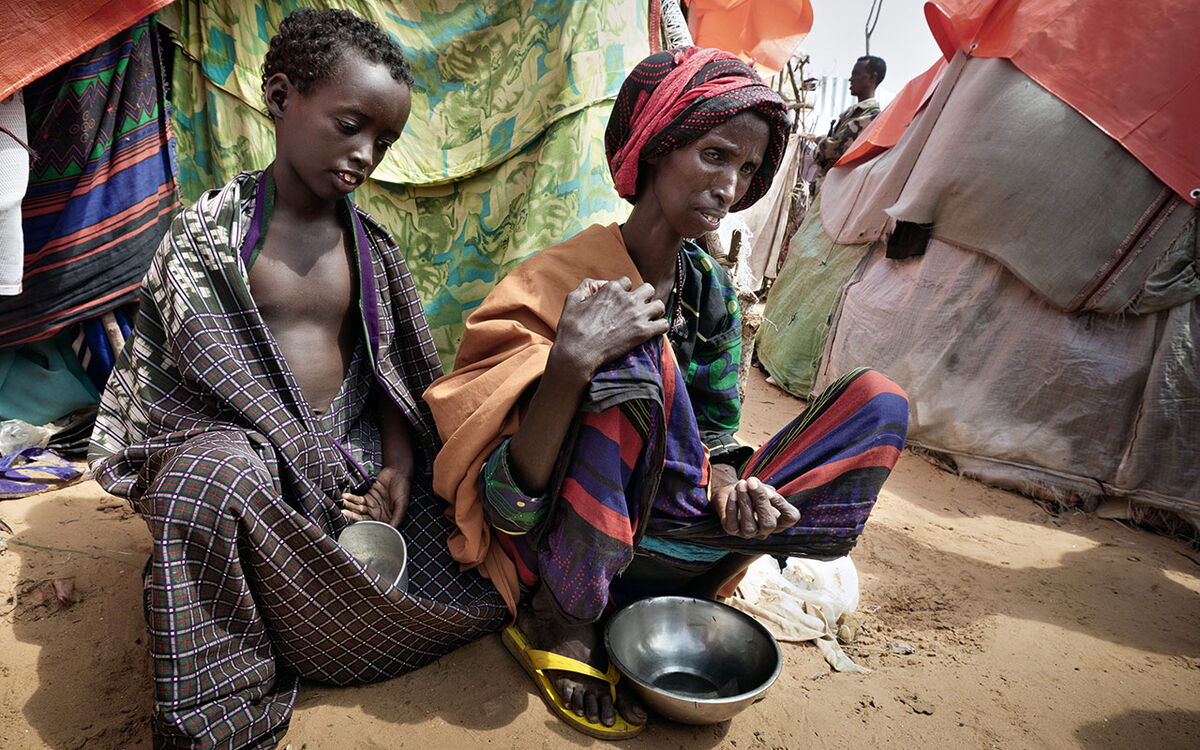
Read more Global responsibility: Tackling hunger is the only way forward

Read more Gender equality: Essential for food and nutrition security
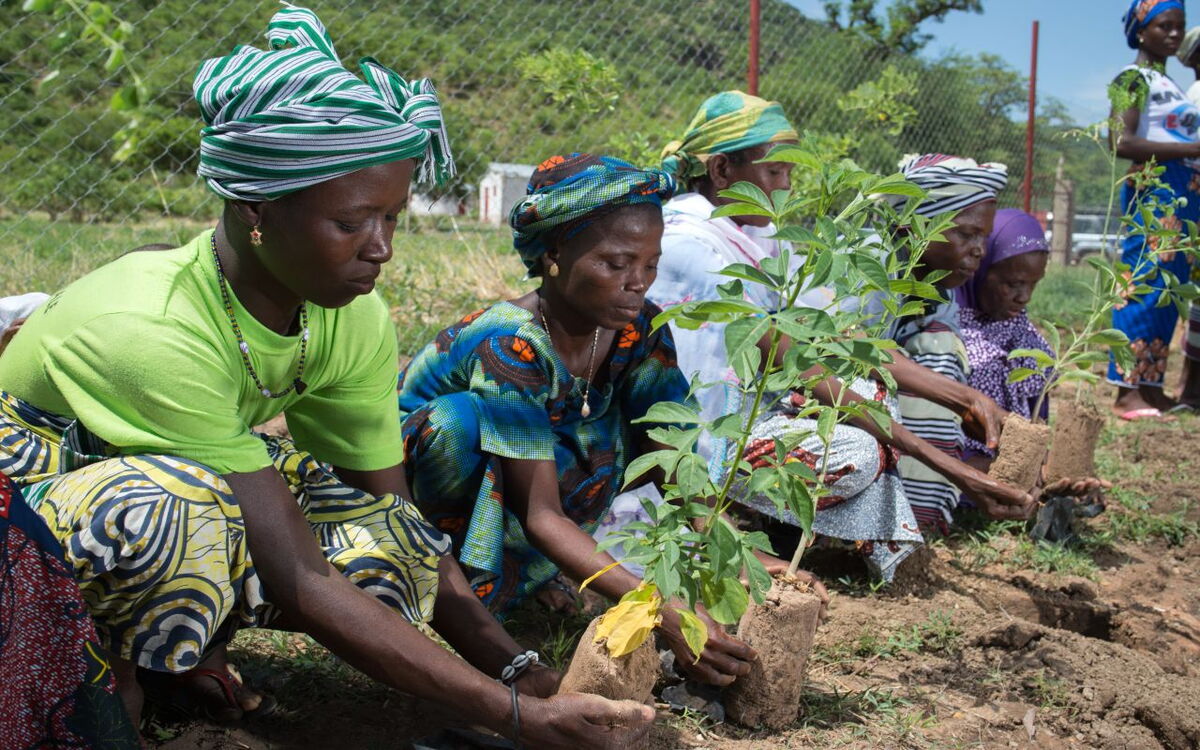
Read more Success story allotment garden: Food supply and women's empowerment

Read more Developing countries hit doubly hard by coronavirus

Read more Statement from GAFSP Co-Chairs: GAFSP and COVID-19 Pandemic

Read more This is how developing countries can adapt better to droughts

Read more What do you expect from this Pre Summit, Mr. Haddad?

Read more Mr. Campari, how do we create sustainable food systems?
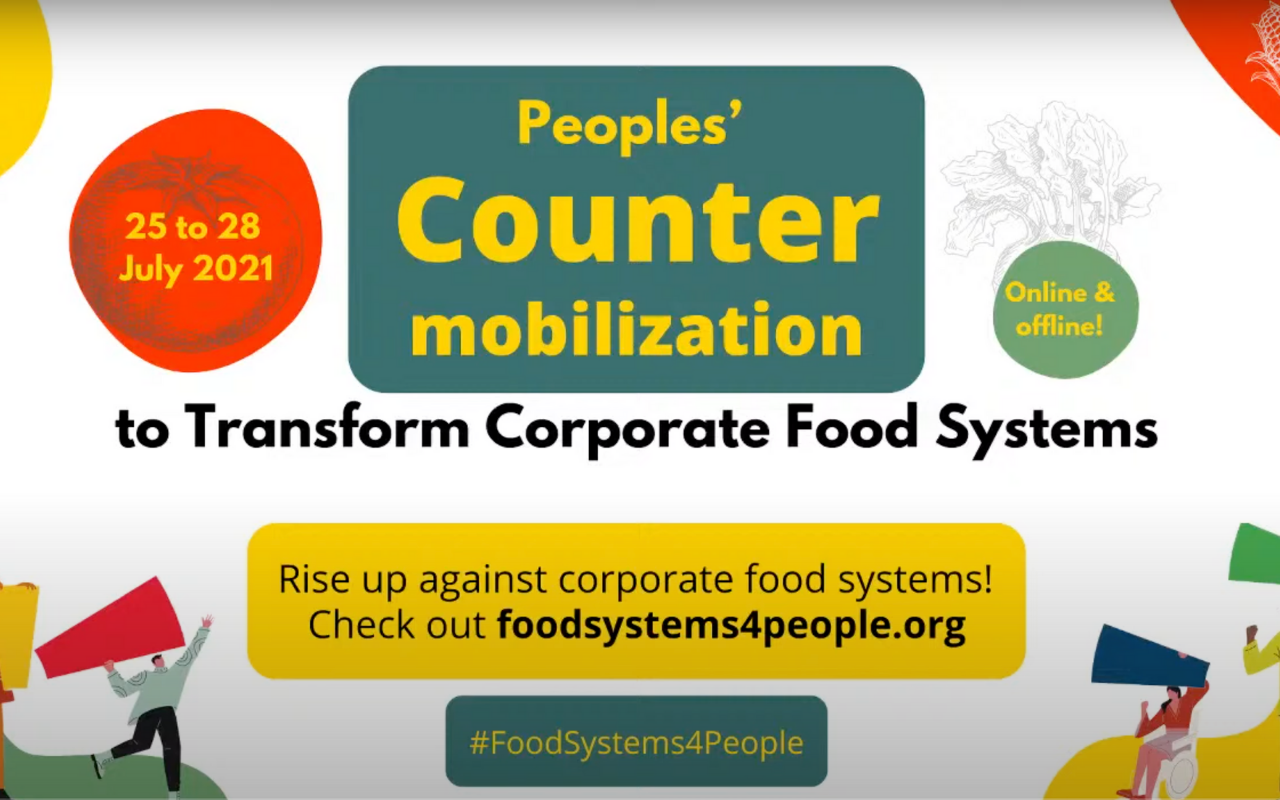
Read more Mr. Marí, what happened at the alternative summit?
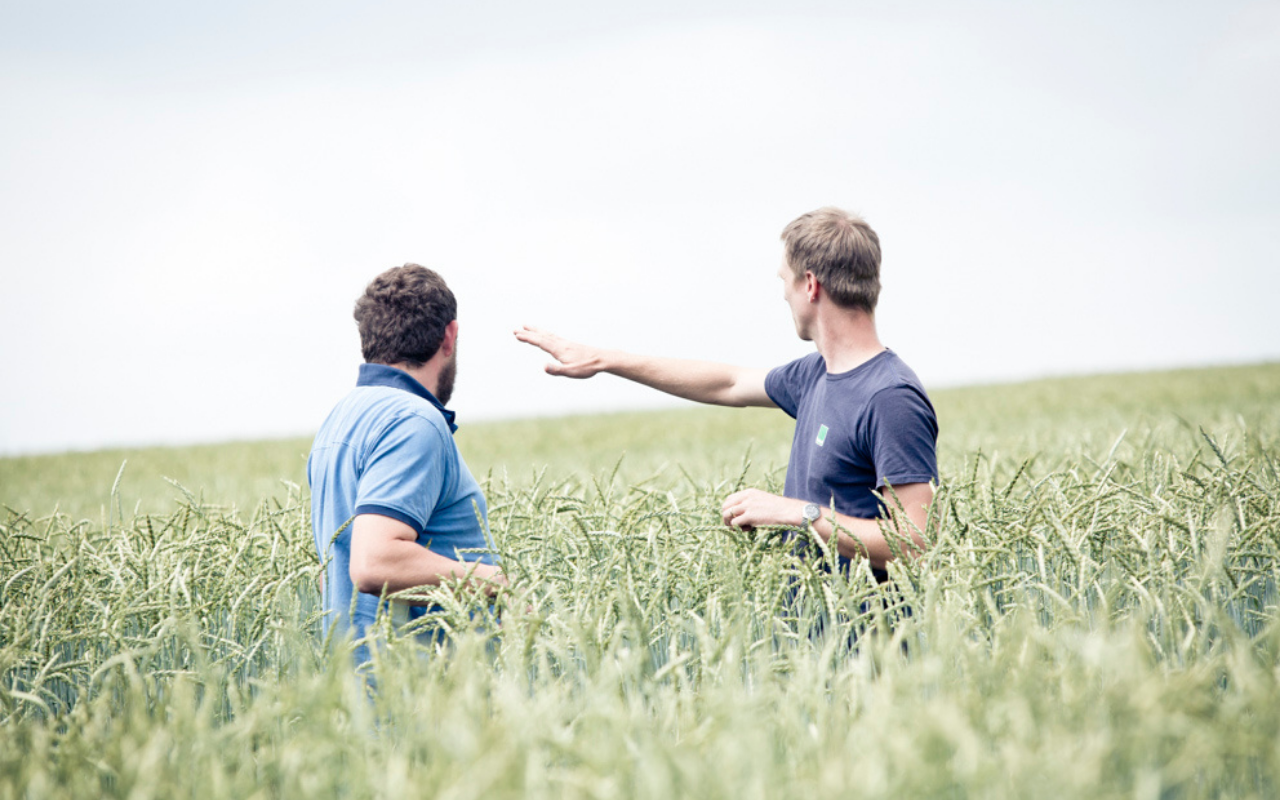
Read more What is wrong with our nutrition in Germany, Mr. Plagge ?

Read more How Can We Feed The World in Times of Climate Change?

Read more Food System Transformation Starts and Ends with Diversity

Read more Sustainable Artisanal Fisheries and Aquaculture in Rural Areas
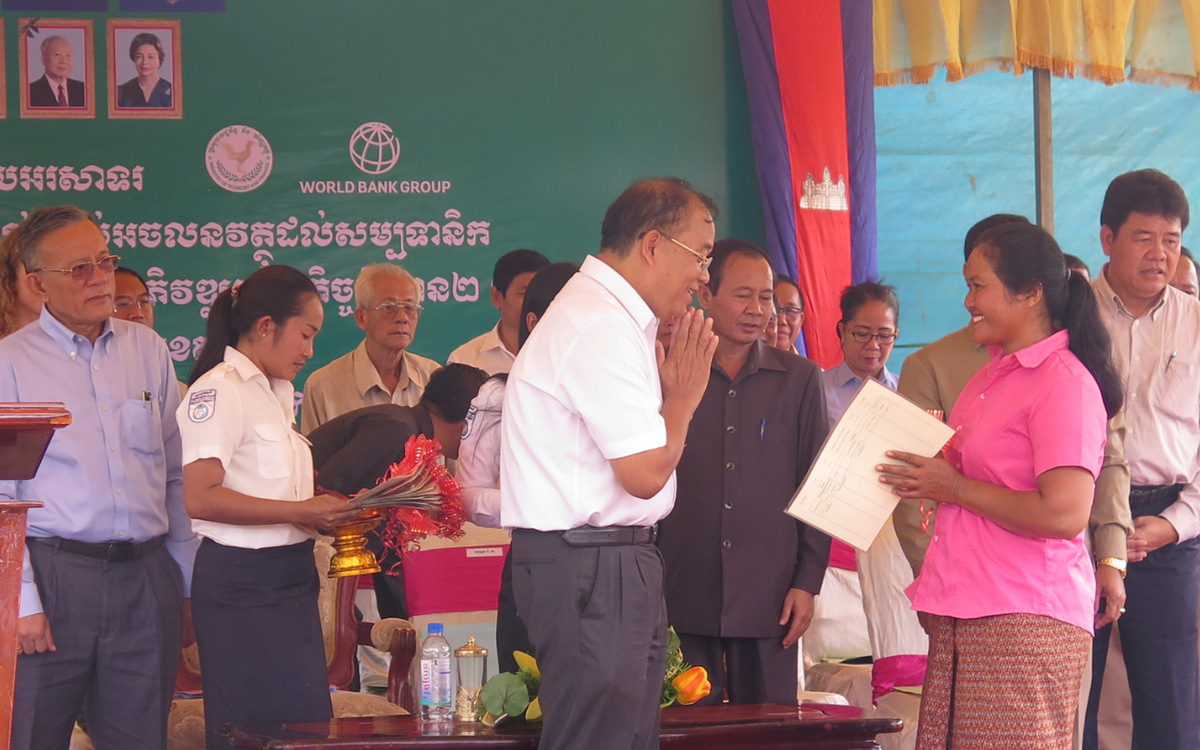
Read more Land Rights for Secure Livelihoods: My Land is My Life
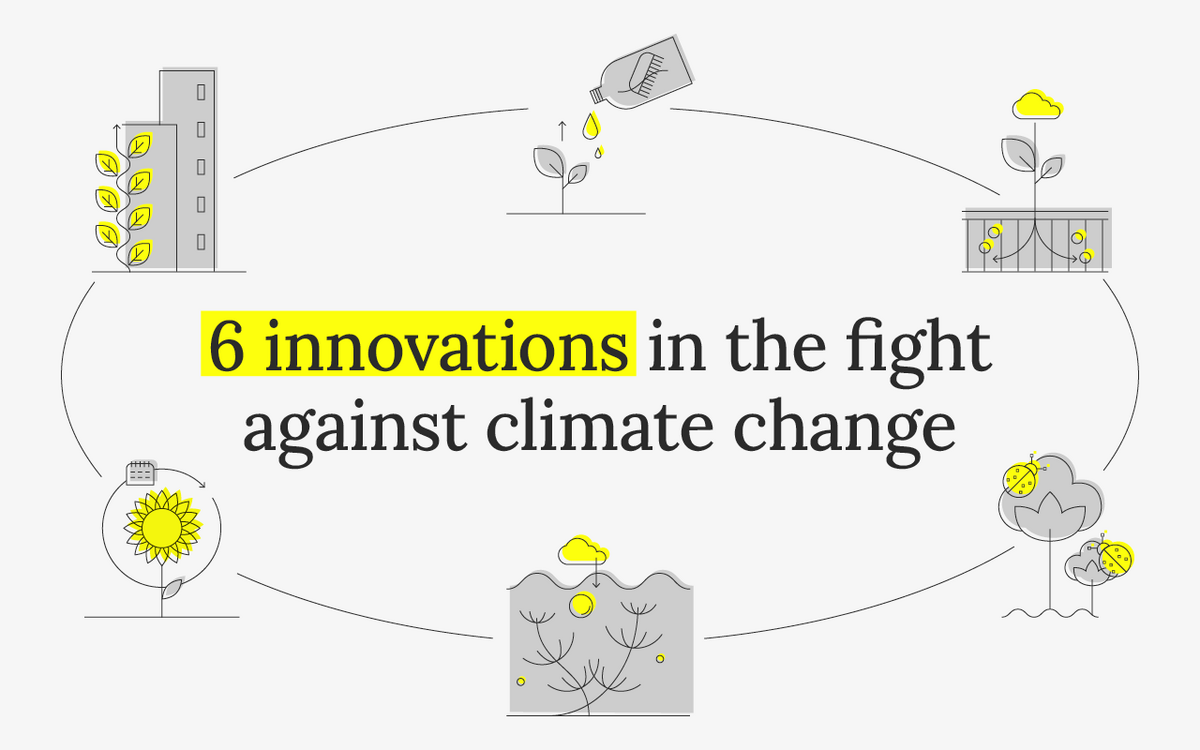
Read more City, Country, Sea: 6 Innovations in the Fight Against Climate Change

Read more Engaging the Community to Solve the Bushmeat Crisis

Read more German G7 Presidency – fighting hunger with all our might
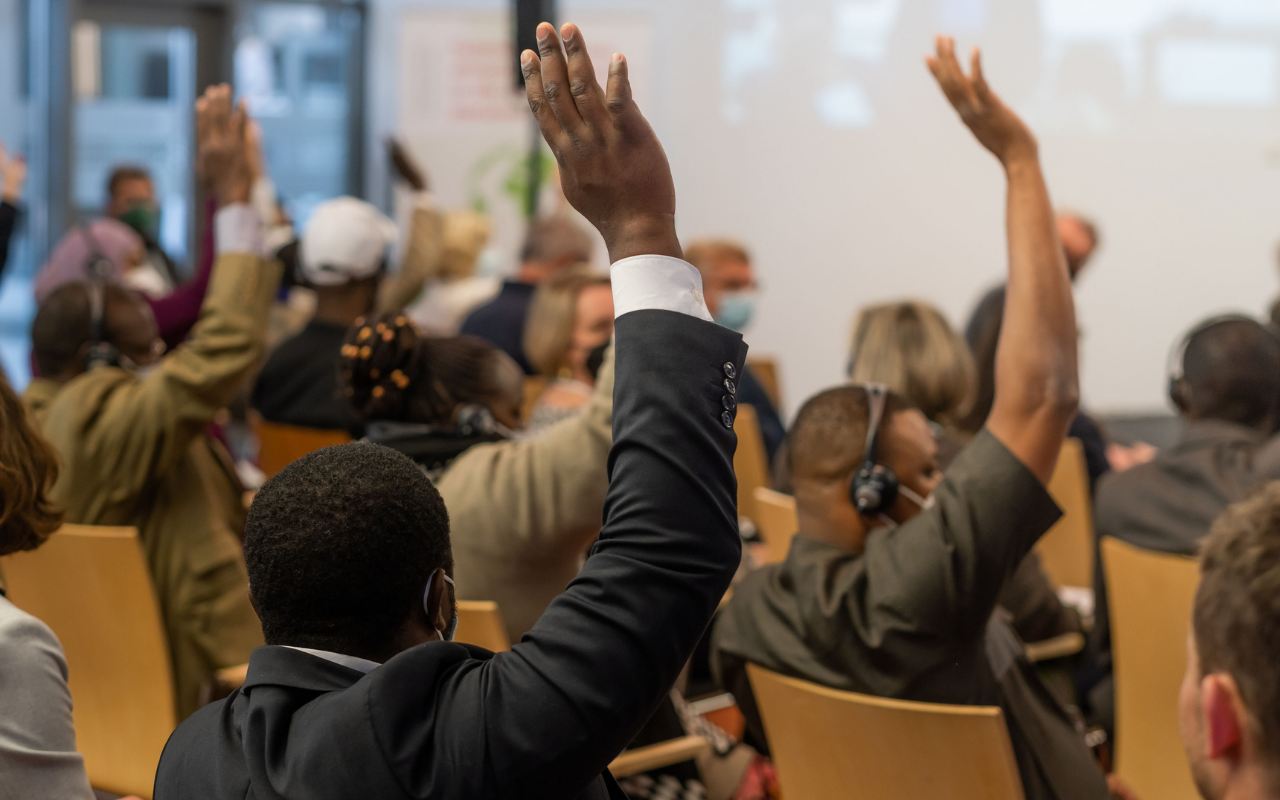
Read more ‘Invite yourself’ – Farmers organisations as key stakeholders of food systems
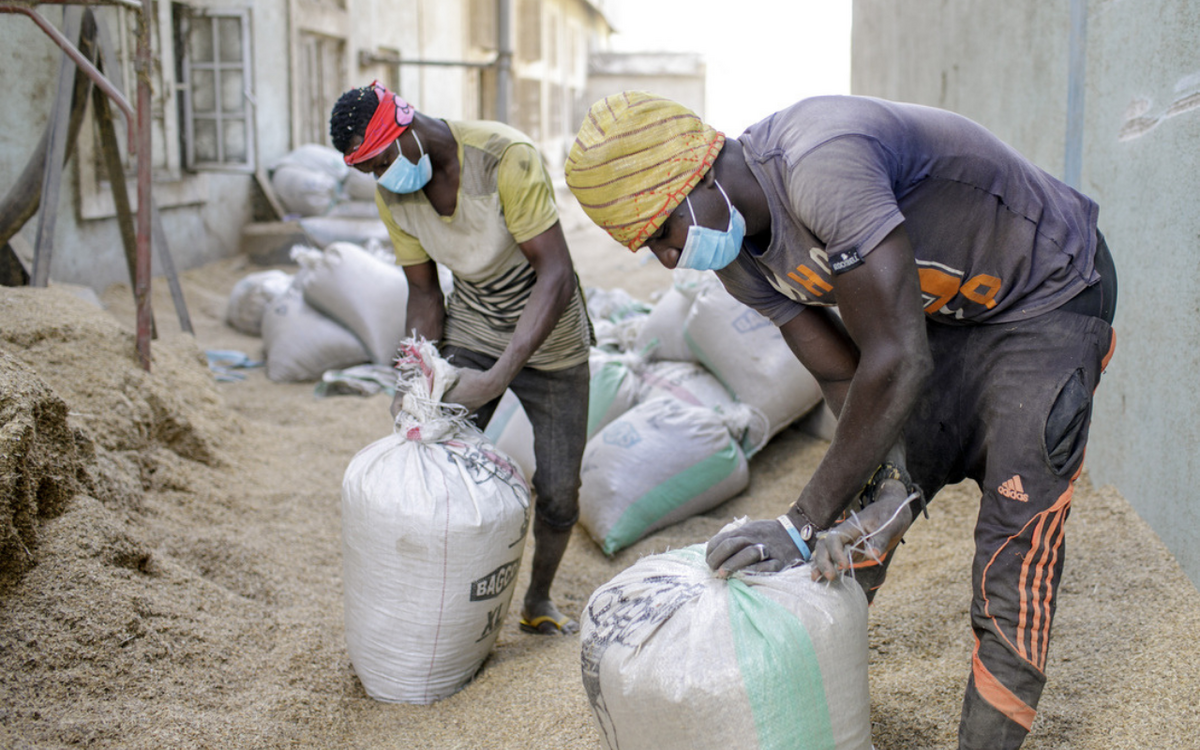
Read more The lessons learned from the last food crisis - A solution?

Read more ‘Preserving and restoring fertile soils is a global responsibility.’

Read more What does it take to truly shift the paradigm on food systems?

Read more Strengthening food markets across the rural-urban continuum
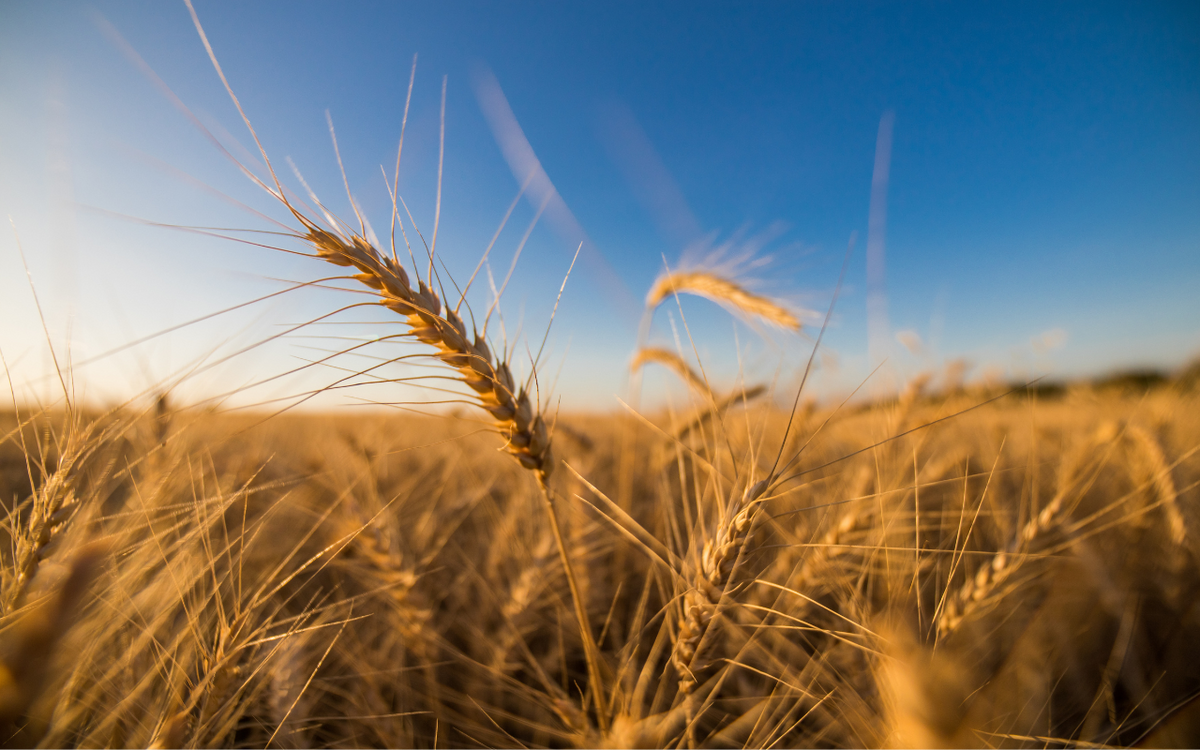
Read more A dashboard as a key tool for global food security
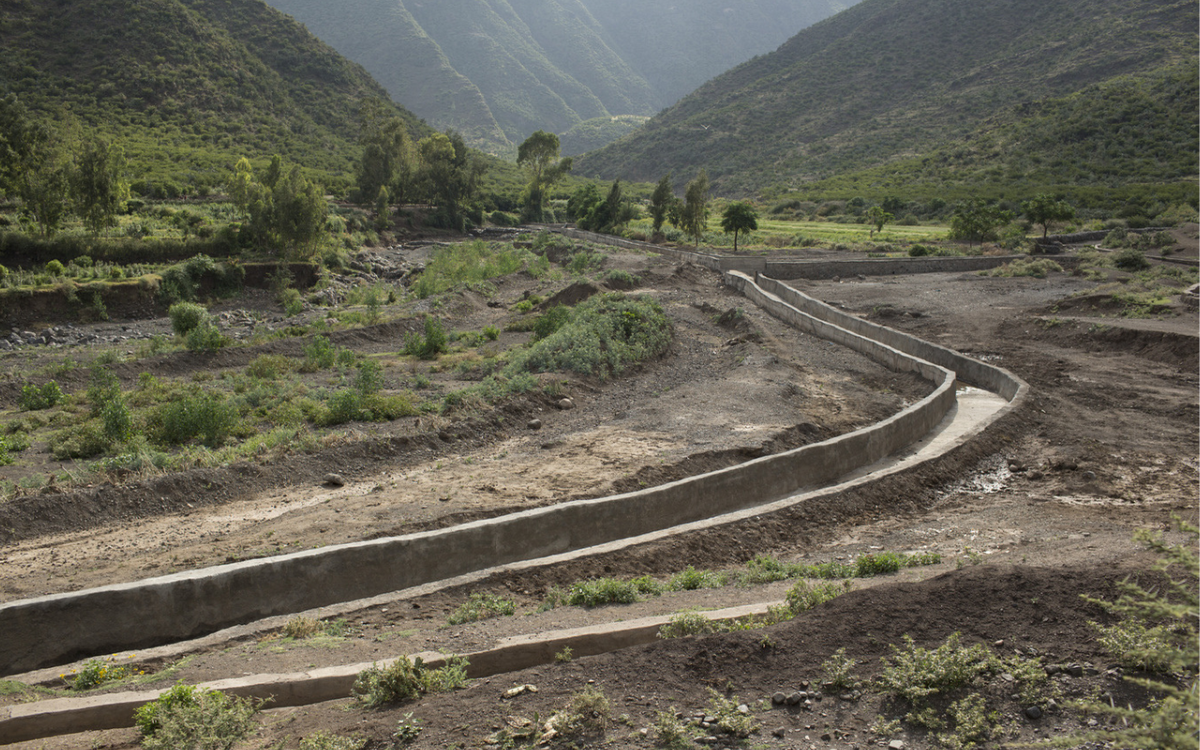
Read more The importance of water for sustainable rural development
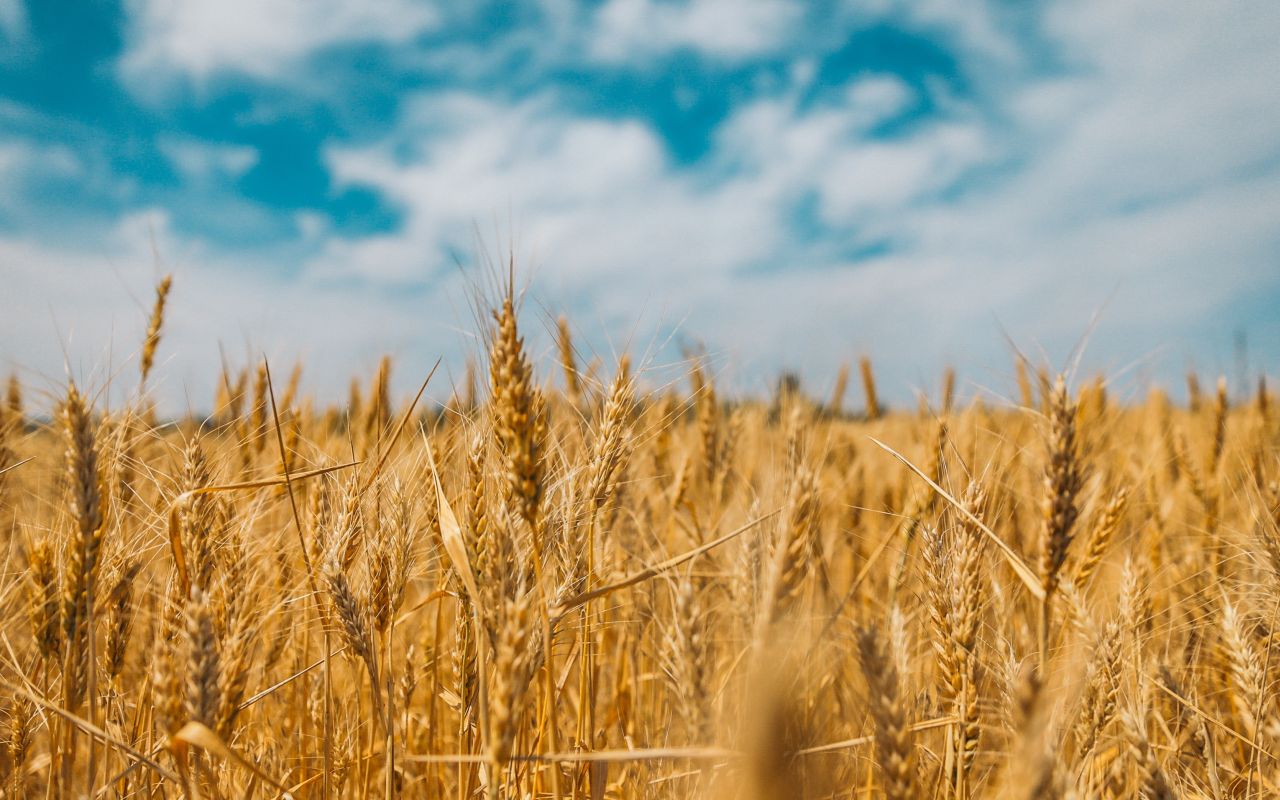
Read more How the War against Ukraine Destabilizes Global Grain Markets
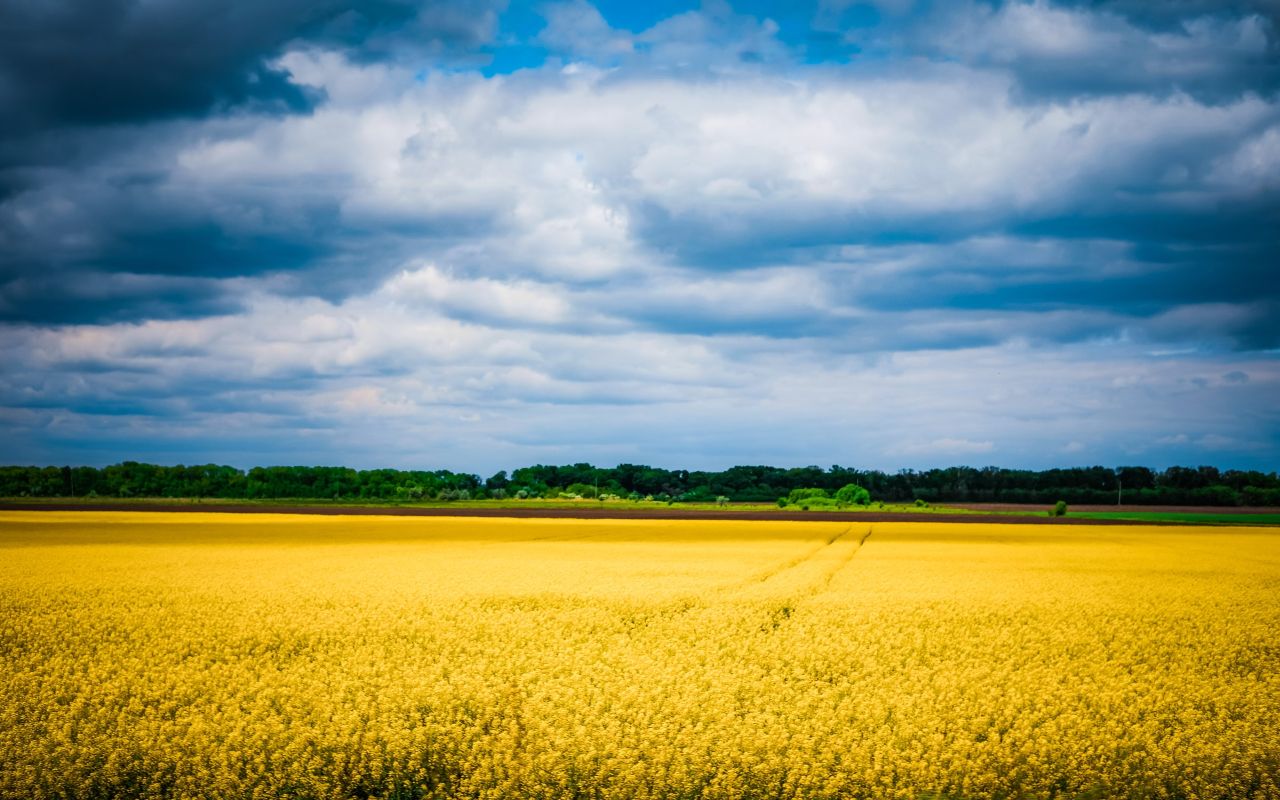
Read more The Black Sea Breadbasket in Crisis: Facts and Figures

Read more Fair Trade and Climate Justice: Everything is Conntected

Read more The Rice Sector in West Africa: A Political Challenge
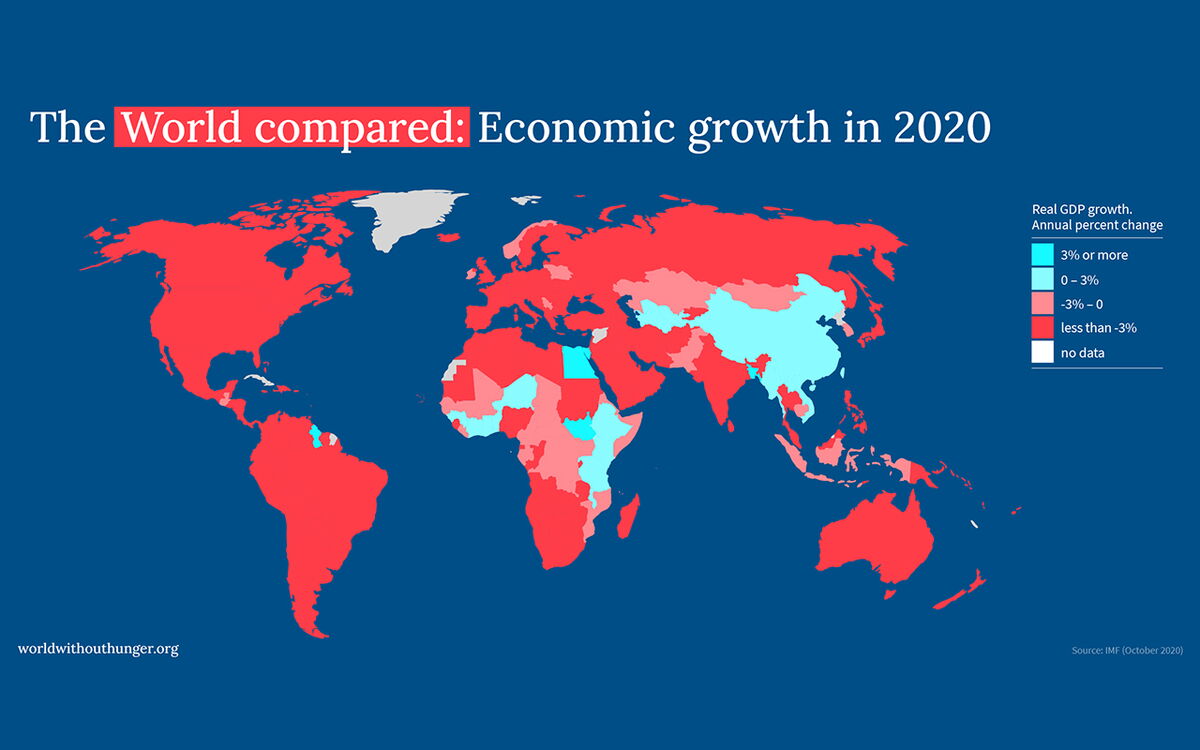
Read more 5 Questions for Jann Lay: What is Corona doing to the economy?

Read more Sustainable, feminist and socially just: The new Africa strategy of the BMZ

Read more The goals of transformation should leave no one behind
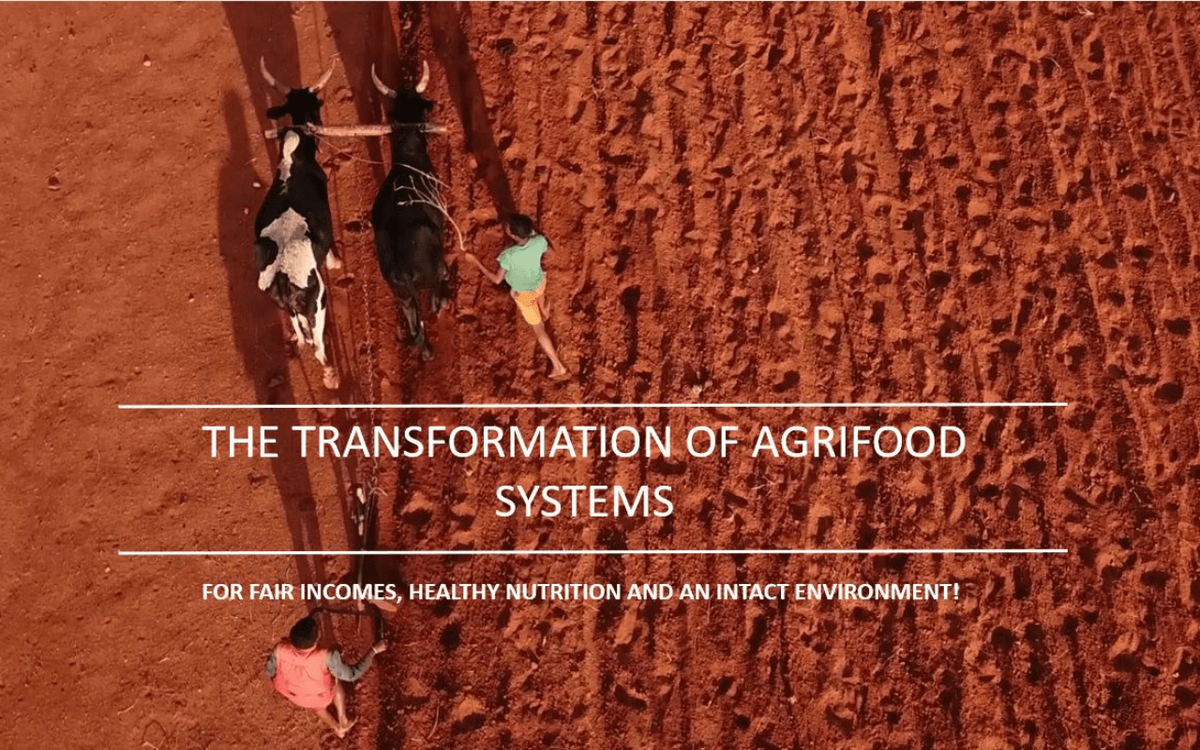
Read more BMZ releases video on the transformation of agricultural and food systems

Read more “More of the same is not enough - we need to rethink”

Read more Agricultural prices and food security – a complex relationship
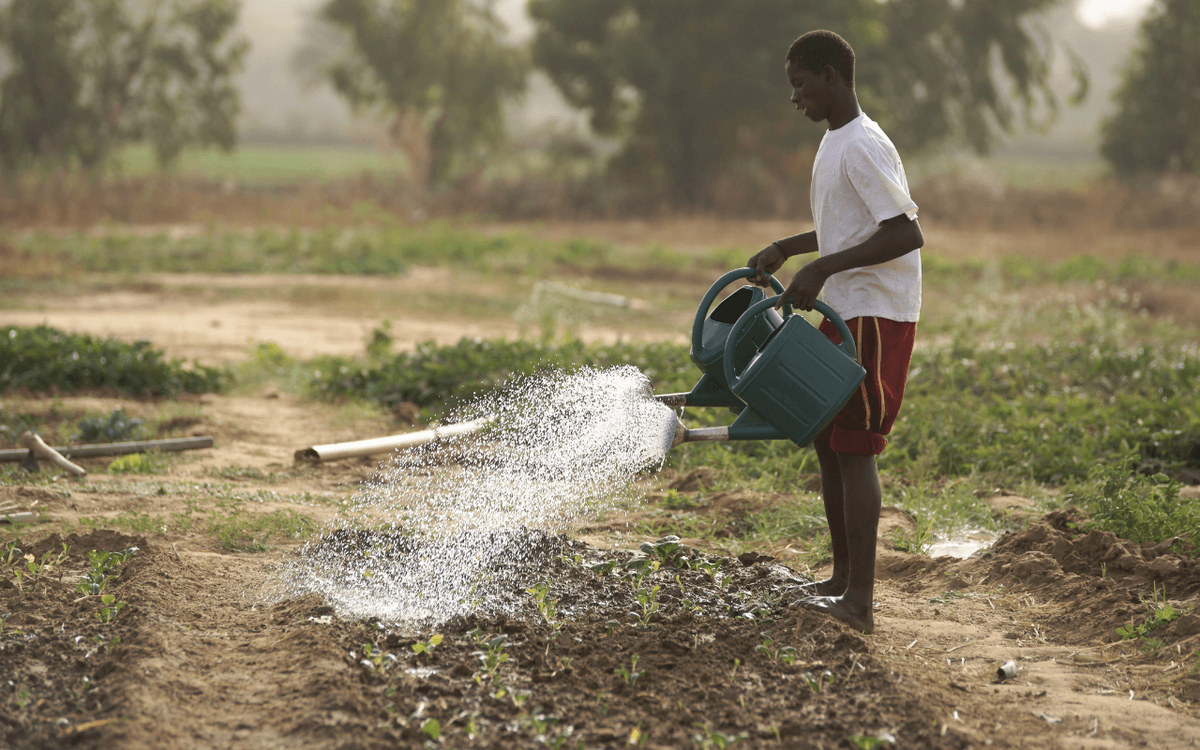
Read more Strengthening the market linkages of smallholders in the face of global supply shocks

Read more Innovative donor approaches and sustainable finance – A Review of UNFSS+2
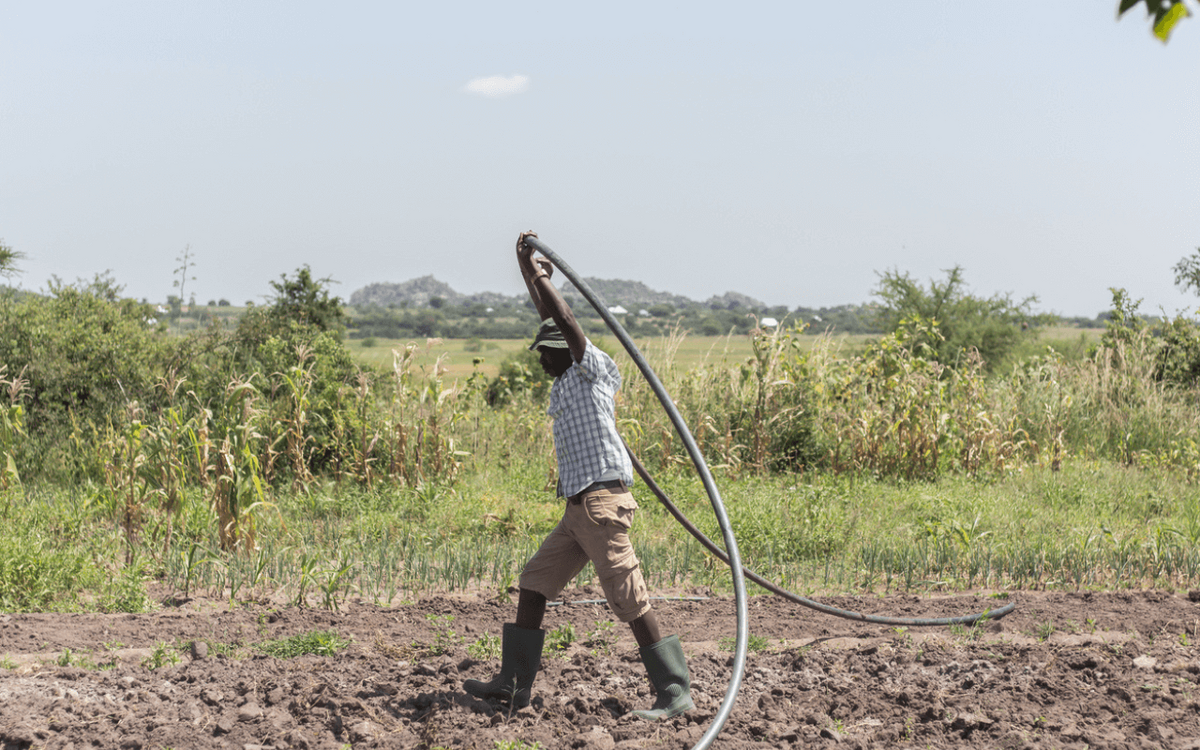
Read more What is needed for a long-term fertiliser strategy?

Read more What the Middle East conflict means for the children in Gaza

Read more Agricultural Financing – from a broader Perspective

Read more Where can international cooperation in Gaza come in, Ms. Asseburg?

Read more A framework for sustainable and fair agriculture and food systems
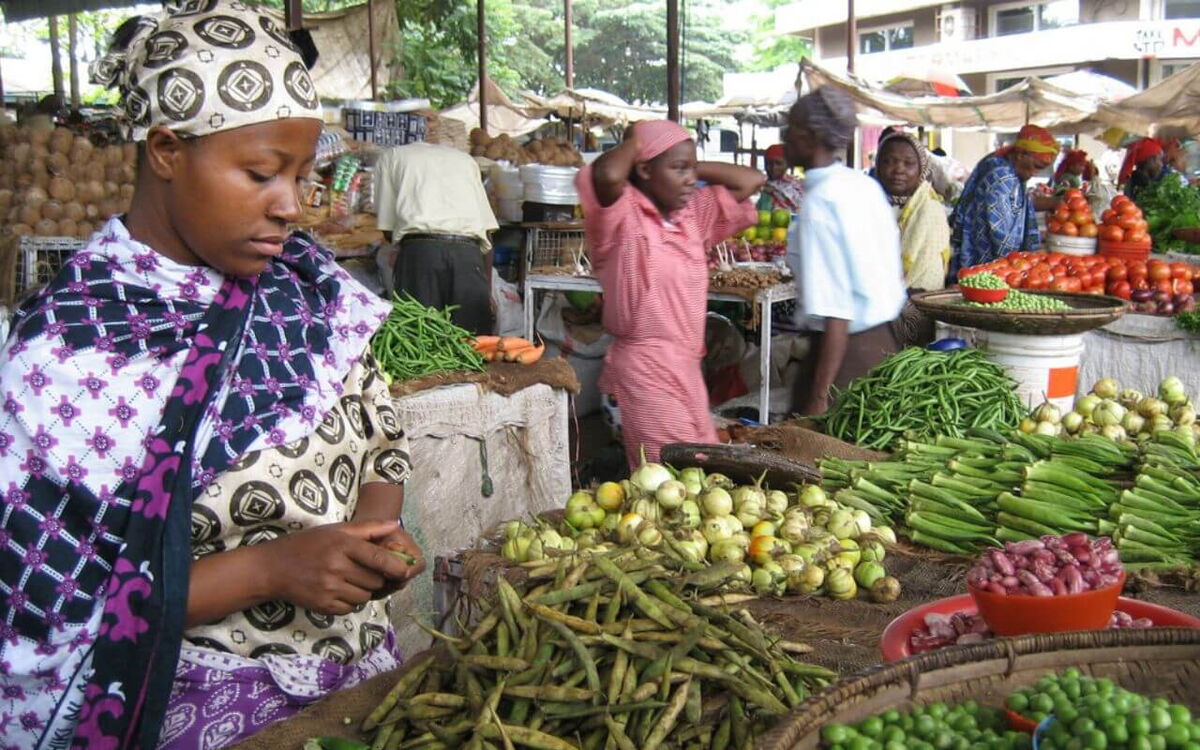
Read more From Pledges to Progress: Nutrition at the Heart of Inclusive Development

Read more Working with Informality: Unlocking Community-Led Solutions Towards Zero Hunger

Read more Is the international community still on track in the fight against hunger?

Read more One Health – What we are learning from the Corona crisis

Read more School Feeding: A unique platform to address gender inequalities



Read more Planetary Health: Recommendations for a Post-Pandemic World

Read more How can the private sector prevent food loss and waste?

Read more Building Better Resilience to Transboundary Threats

Read more Building climate-resilient and equitable food systems: Why we need agroecology
We use cookies on our website. Some of them are essential, while others help to improve your user experience. Your consent is voluntary and can be revoked at any time on the "Privacy" page.
Protects against cross-site request forgery attacks
Saves the current PHP session.
Content from third-party providers, such as YouTube, which collect data about usage. Third-party content embedded on this website will only be displayed to you if you expressly agree to this here.
We use Matomo analytics software, which collects anonymous data about website usage and functionality to improve our website and user experience.